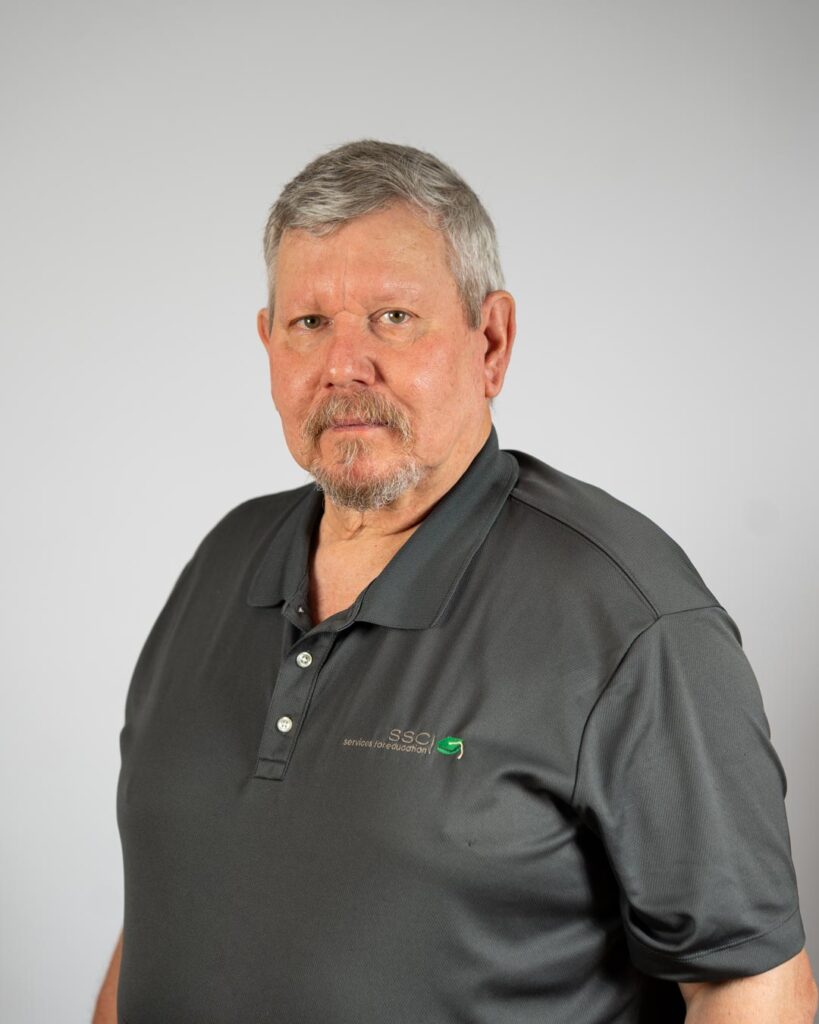In facilities management, quality assurance (QA) is often mistakenly viewed as a simple checklist to confirm that a job was completed correctly. While this is a component, QA is more valuable when used as a partner in teaching and growth for the entire team, not merely an inspector of results. This shift in mindset is crucial for today’s facilities teams, which typically operate in environments where safety, uptime, and efficiency are non-negotiable. The margin for error is often small, whether dealing with HVAC systems, plumbing, electrical work, or custodial routines. In these situations, QA is essential not only to validate performance but also to support the professional development of the individuals doing the work.

Elevating Teams and Empowering Individuals
A robust QA program goes far beyond simply catching mistakes. It highlights what is working well, identifies performance trends, and provides real-time feedback. Instead of simply being told a task failed, technicians can understand the underlying reasons and learn how to correct the issue. For example, the goal shifts from just fixing a boiler to understanding why it failed to prevent future breakdowns, ultimately creating a continuous learning loop. Over time, this process builds deeper skills, confidence, and a sense of pride in workmanship among team members.
Beyond individual growth, QA also supports standardization and consistency. By documenting what a job done well actually looks like, QA programs help teams align on best practices and avoid inconsistencies that might arise between different shifts, locations, or contractors. This documentation also makes it easier to onboard new staff and close knowledge gaps. In this way, QA effectively transforms into a powerful training tool rather than just a compliance measure.
Delivering on Contractual Promises
Beyond empowering the team, this same commitment to quality also ensures that teams meet and exceed contractual obligations. Weaving QA into daily routines also plays a critical role in upholding contractual obligations. It ensures that facilities teams stay within the scope of work, align with project requirements, and remain fully accountable to the commitments outlined in their agreements. The focus isn’t just about internal quality; it’s about delivering with integrity and building trust with partners by ensuring commitments are met.
Quality assurance extends beyond verifying task completion—it embodies a proactive, detail-oriented commitment to safety and asset protection. For instance, imagine a technician identifies a gas leak in a building’s mechanical room during a routine preventive maintenance inspection for a gas line leak check. Quick detection and isolation of the affected gas line, followed by coordination with a mechanical contractor to replace the faulty shut-off valve, can prevent what could have created a serious incident. This example underscores how a strong QA process not only safeguards operations but also protects lives and property through vigilance and timely action.
Building a Workplace Culture of Excellence
Perhaps most importantly, QA helps shape a positive working culture. When facilities managers know their work is being reviewed to help them grow, not just to criticize it, it fosters a sense of shared accountability and professionalism. QA acts as a bridge between experience and improvement, guiding teams toward higher standards and fewer repeat issues. Bringing team members together and providing a sense of mentorship also paves the way for growth.
Site tours led by subject matter experts (SMEs) exemplify this cooperative, growth-focused approach. These tours emphasize collaboration and learning rather than fault-finding. During these visits, SMEs often uncover maintenance concerns—ranging from dirty air handlers to equipment approaching failure—that might otherwise go unnoticed. Addressing these findings together helps reinforce best practices, strengthens team ownership, and turns every inspection into an opportunity for continuous improvement.
QA provides teams with the data needed to spot problems early, track improvements, and make informed decisions about training, tools, and time. Without this data, management is based on guesswork. Armed with this data, continuous improvement becomes the standard. For facilities managers, this translates to fewer equipment breakdowns, better asset life, lower costs, and a team that takes ownership of both their tasks and their development.
A comprehensive QA program transcends its traditional role as a simple checker of boxes. It becomes a dynamic partner in an organization’s growth. By empowering technicians, standardizing procedures, ensuring contractual compliance, and fostering a culture of continuous improvement, QA transforms from a reactive process into a proactive driver of excellence. This approach not only enhances operational efficiency but also invests in the most valuable asset: the team itself.

Kevin Cassidy is a maintenance project manager at SSC Services for Education, a provider of facilities maintenance, custodial services, and grounds management for K-12 and higher education institutions.
